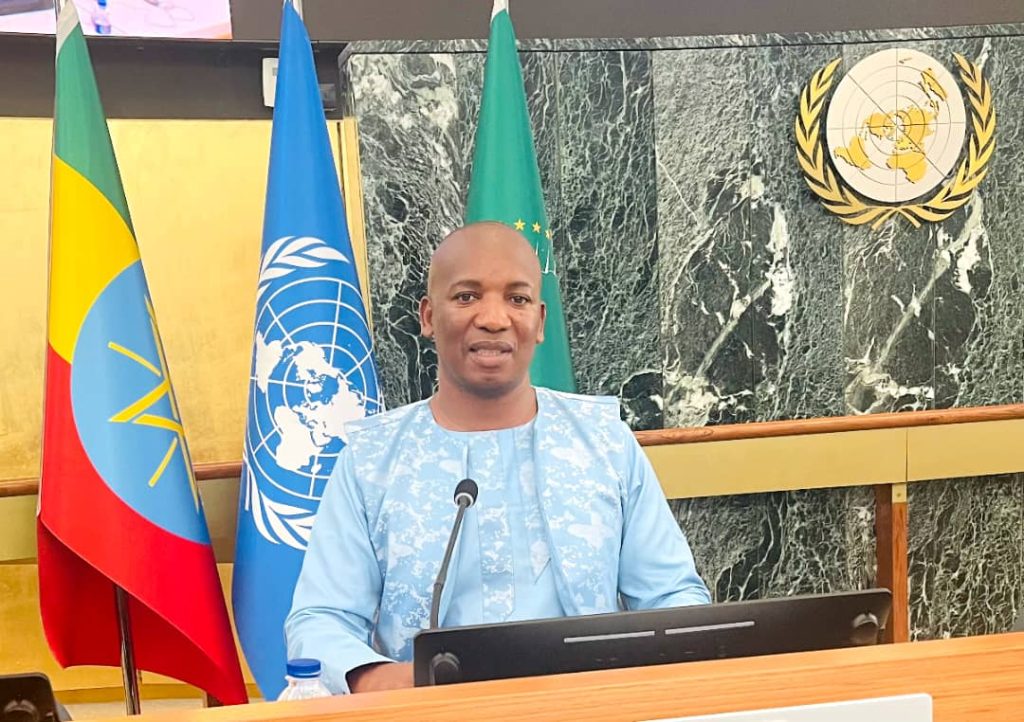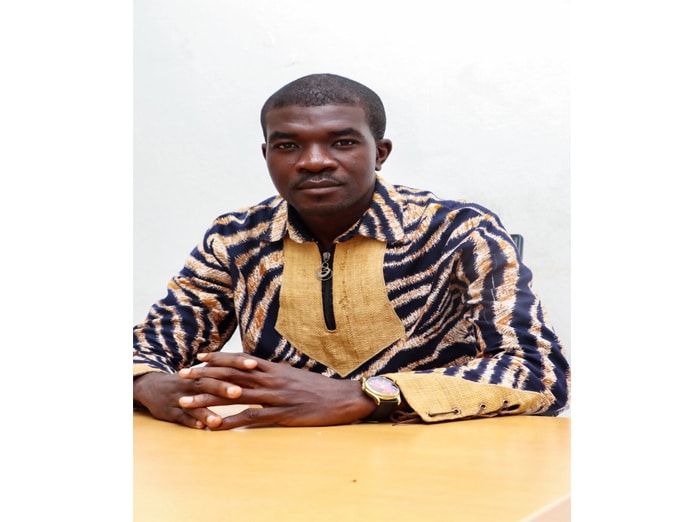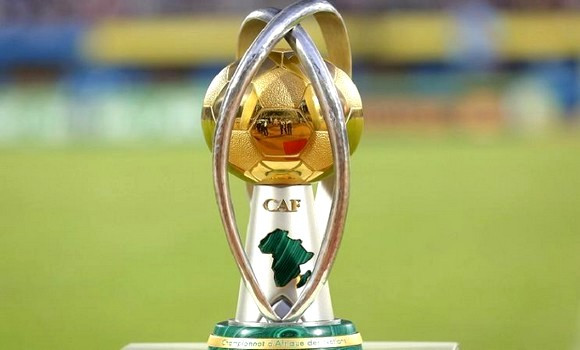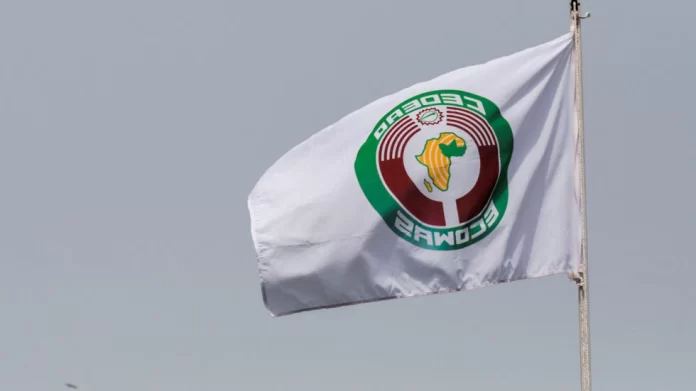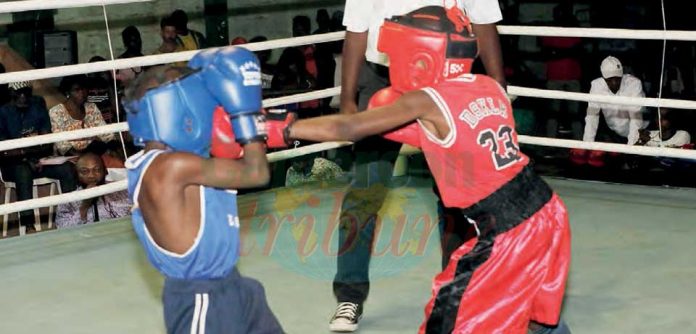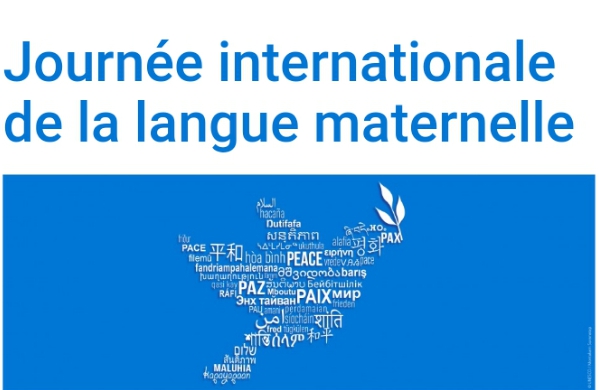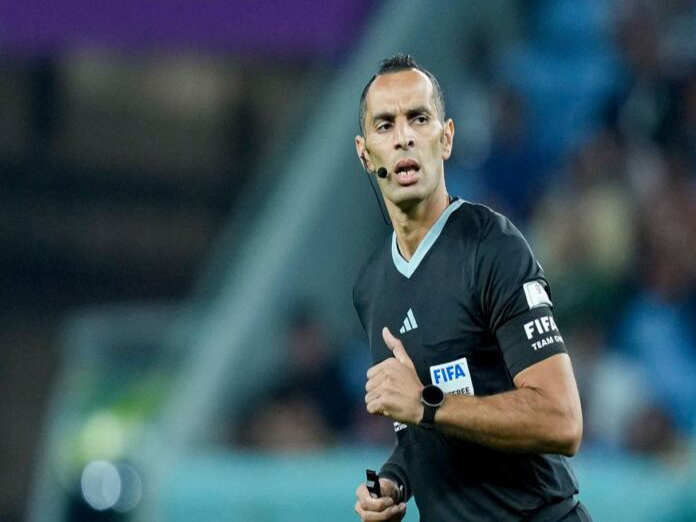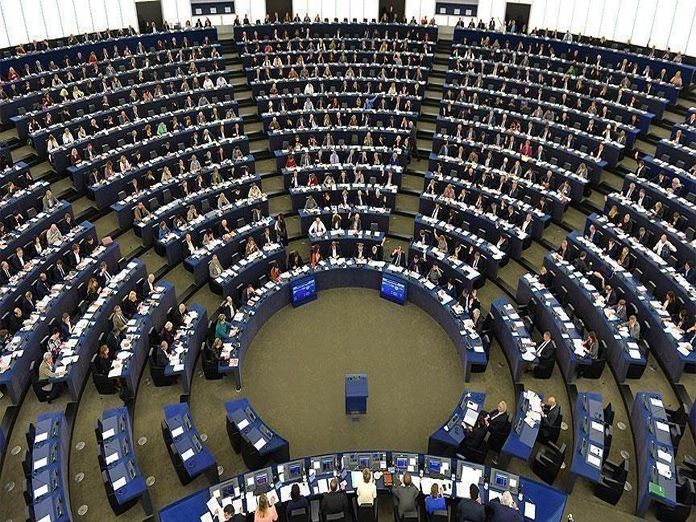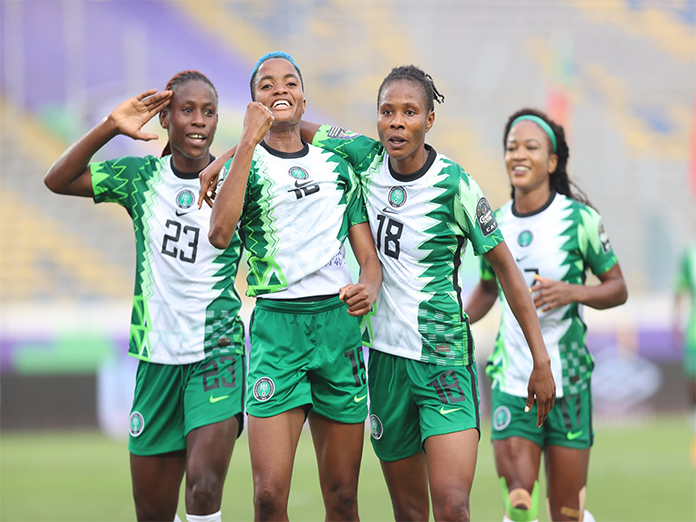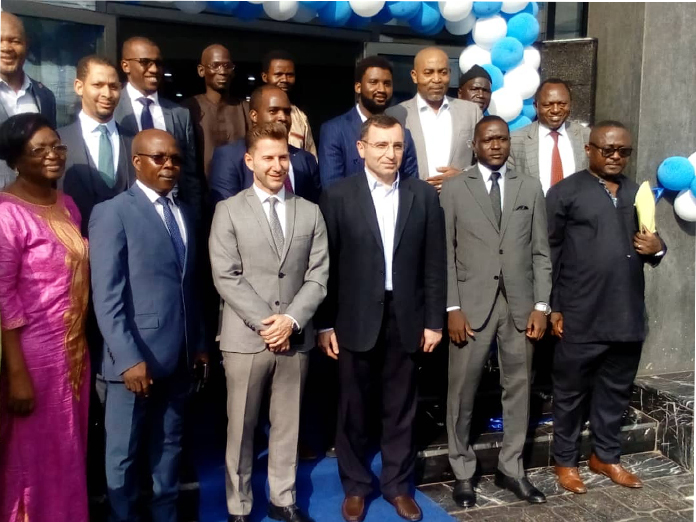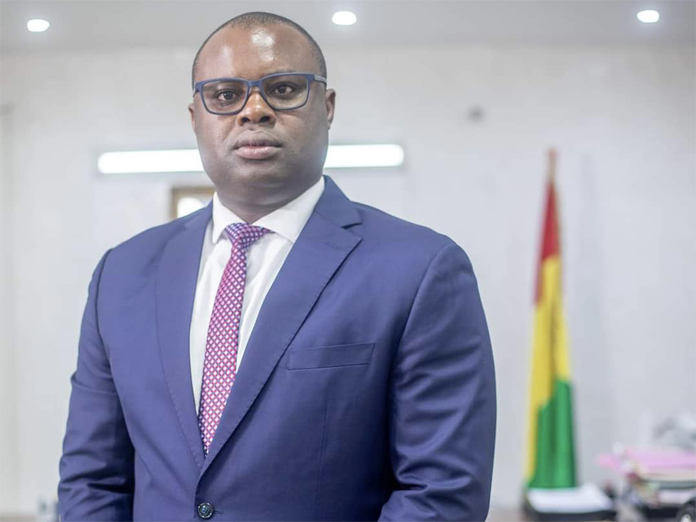The political crisis in Mozambique has escalated to a critical juncture, characterised by widespread violence and human rights abuses following the contentious general elections held on October 9, 2024. Initially, the ruling Frelimo party’s candidate, Daniel Chapo, was declared the winner with 70% of the vote. However, the Constitutional Court later revised the results, reducing Chapo’s winning margin to 65% and acknowledging irregularities that did not significantly alter the outcome. Opposition leader Venâncio Mondlane received 24.29% of the vote. This decision was announced on December 23, 2024.
The post-election violence has been severe, with over 130 lives lost, more than 2,000 injured, and thousands arrested, including minors. Additionally, the unrest led to the escape of over 1,500 prisoners from Maputo’s Central Maximum-Security Prison on Christmas Day. The economic impact is also substantial, with significant property damage reported across Mozambique. South African farmers in the Boane district have been forced to flee their land as their properties were looted. The destruction of state-owned property and private homes has further exacerbated the crisis.
Sociological theories on conflict resolution emphasise the importance of dialogue, mutual respect, and the involvement of all stakeholders in the peace process. Conflict Theory, as proposed by Karl Marx, suggests that societal conflicts arise from inequalities and power imbalances. Applying this theory to Mozambique, the political unrest can be seen as a manifestation of deeper socio-economic disparities and power struggles. Additionally, Structural Functionalism, as articulated by Emile Durkheim, posits that societal stability is achieved through the interdependence of its institutions. In Mozambique’s context, the breakdown of political and social institutions has contributed to the current instability, necessitating a comprehensive approach to rebuild trust and functionality.
Passive resistance, a form of nonviolent protest, has been a powerful tool in various historical contexts. Mahatma Gandhi’s philosophy of Satyagraha, which emphasises nonviolent resistance to oppression, is a prime example. According to Gandhi, « Nonviolence is the greatest force at the disposal of mankind. It is mightier than the mightiest weapon of destruction devised by the ingenuity of man. » Passive resistance can be complemented by soft power, a concept popularised by Joseph Nye, which involves influencing others through cultural appeal, political values, and diplomacy rather than coercion. In the context of Mozambique, civil society and opposition groups could employ both passive resistance and soft power to advocate for political reforms and human rights. Typical examples of soft power that come to mind include the efforts of Nelson Mandela, whose moral authority and diplomacy were instrumental in ending apartheid in South Africa, and the Truth and Reconciliation Commission, which promoted healing and unity through restorative justice.
Mozambique is not the first African country to experience such turmoil. Similar situations have occurred in Zimbabwe, where post-election violence in 2008 led to the deaths of hundreds and the displacement of thousands. In Kenya, the 2007-2008 post-election violence resulted in over 1,000 deaths and the displacement of hundreds of thousands. These examples underscore the urgent need for timely and effective mediation to prevent further escalation.
Various key players have voiced their concerns and called for action.
Frelimo has defended its victory, while opposition leader Venâncio Mondlane has condemned the violence and called for a peaceful resolution. Civil society organisations have urged the international community to intervene and protect human rights. The Centre for
Democracy and Human Rights in Mozambique, led by Professor Adriano Nuvunga, has urged international intervention, stating, « The current political crisis in Mozambique demands immediate and active solidarity from the international community—particularly from the Southern African Development Community (SADC), the African Union, and all organisations dedicated to the preservation of peace, democracy, and human rights. »
Similarly, the Mozambican Human Rights League, under the leadership of Alice Mabota, has condemned the violence, emphasising, “We must stand united and work towards a future where all Mozambicans can live in harmony. » The South African government has called for dialogue and stability, emphasising the need for regional cooperation. Emmerson Mnangagwa, the current SADC chair, stated, « The post-election violence in Mozambique must end. The regional bloc is ready to assist troubled Mozambique engulfed in post-election violence that has claimed more than 100 lives of protesters. »
Daniel Chapo, the President-elect, stated, « Mozambicans, before I express my gratitude for the trust that the Mozambican people have placed in me, allow me, on my own behalf and on behalf of my family, to express my deepest sympathy to the families who lost their loved ones during this period of violent demonstrations. I would like to convey my sentiments and condolences to the bereaved families. » Opposition leader Venâncio Mondlane, in a Facebook live broadcast, declared, « We are with the people. We do not advocate any form of violence. »
Samora Machel might be turning in his grave. At this point, he would probably repeat his words, « Unity and victory are synonymous, » a sentiment he expressed during his leadership to emphasise the importance of solidarity and collective action in overcoming challenges. Machel’s emphasis on unity remains profoundly relevant as Mozambique navigates its current crisis, highlighting the need for cohesive efforts to achieve peace and stability.
The African Union (AU) has a pivotal role to play in mediating the crisis in Mozambique. The AU Peace and Security Council (PSC) should lead efforts to de-escalate the violence and facilitate dialogue between the conflicting parties. Additionally, the African Commission on Human and Peoples’ Rights (ACHPR) can monitor and address human rights abuses, ensuring accountability and justice.
By leveraging its mechanisms, the AU can foster an African-led resolution that respects the sovereignty and agency of Mozambique.
It is crucial to advocate for African solutions to African problems, avoiding reliance on external international bodies that may not fully understand the cultural and political nuances of the region. Examples of such international bodies include the European Union (EU). While their intentions may be noble, international interference can sometimes exacerbate conflicts, impose solutions that do not align with local contexts, and undermine the legitimacy of regional institutions. The AU, with its deep understanding of African dynamics, is better positioned to facilitate sustainable peace and stability.
The crisis in Mozambique demands immediate and proactive engagement to prevent further loss of life and property. Historical examples and sociological theories underscore the necessity of a cooperative and inclusive approach to resolve this impasse. The international community, regional organisations, and local stakeholders must converge to ensure a peaceful and stable future for Mozambique. The path forward entails robust humanitarian aid, strategic diplomatic pressure, and unwavering support for peace initiatives. The resilience and fortitude of the Mozambican people, as highlighted by both Chapo and Mondlane, must be harnessed to construct a united and prosperous nation. It is imperative that the world does not remain passive as Mozambique strives for stability and justice. The time for decisive action is upon us. Together we can put out the fires. As a collective, we can stop the rot.
Godfrey Madanhire: PanAfricanist, Professional Speaker, Broadcaster
Sol Plaatje University (Sociology) -South Africa


